11 Ways To Say “No” In Japanese: Iie, Iya, Dame & More
Saying ‘no’ in Japan is a tricky subject. The Japanese will rarely give a direct no to an answer, preferring instead to give an indirect answer that conveys the message of no.
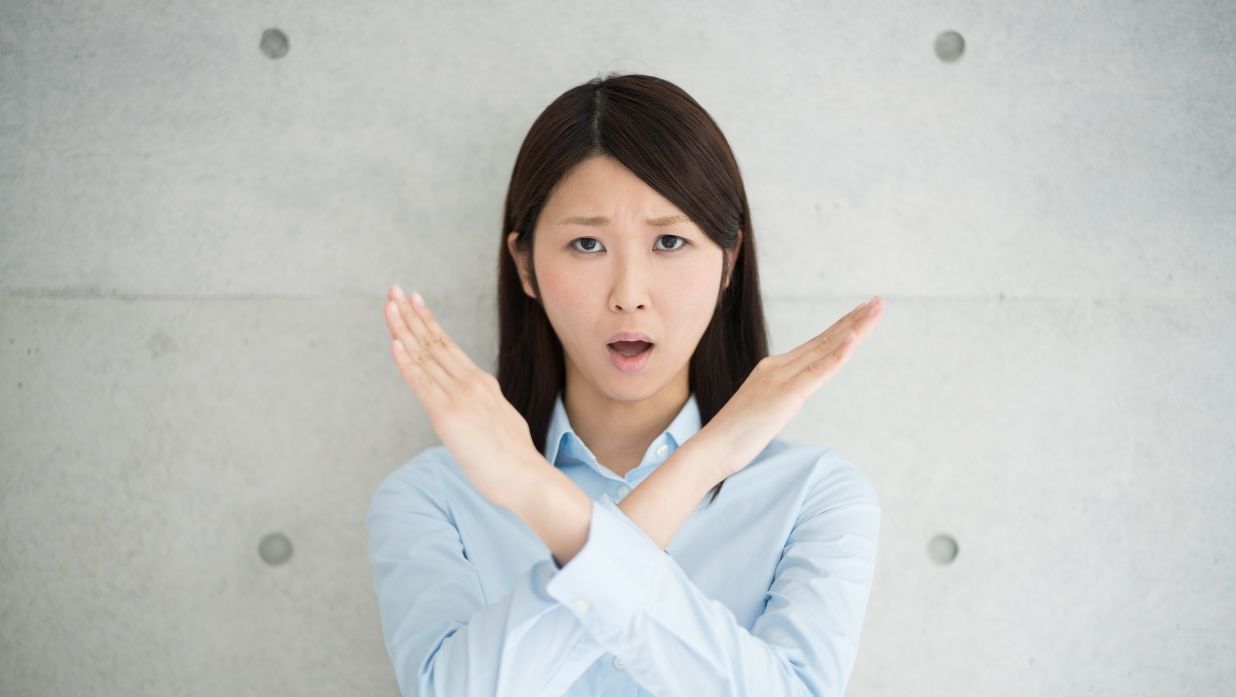
Saying ‘no’ in Japan is a tricky subject. The Japanese will rarely give a direct no to an answer, preferring instead to give an indirect answer that conveys the message of no.

Although the Japanese monarchy still exists, its role today is largely symbolic—much like the royal family in the United Kingdom. Even so, the Imperial Household continues to observe important traditions, including the celebration of the reigning emperor’s birthday. This occasion is marked by a national holiday known as the Emperor’s Birthday (天皇誕生日, Tennō Tanjōbi). Under […]
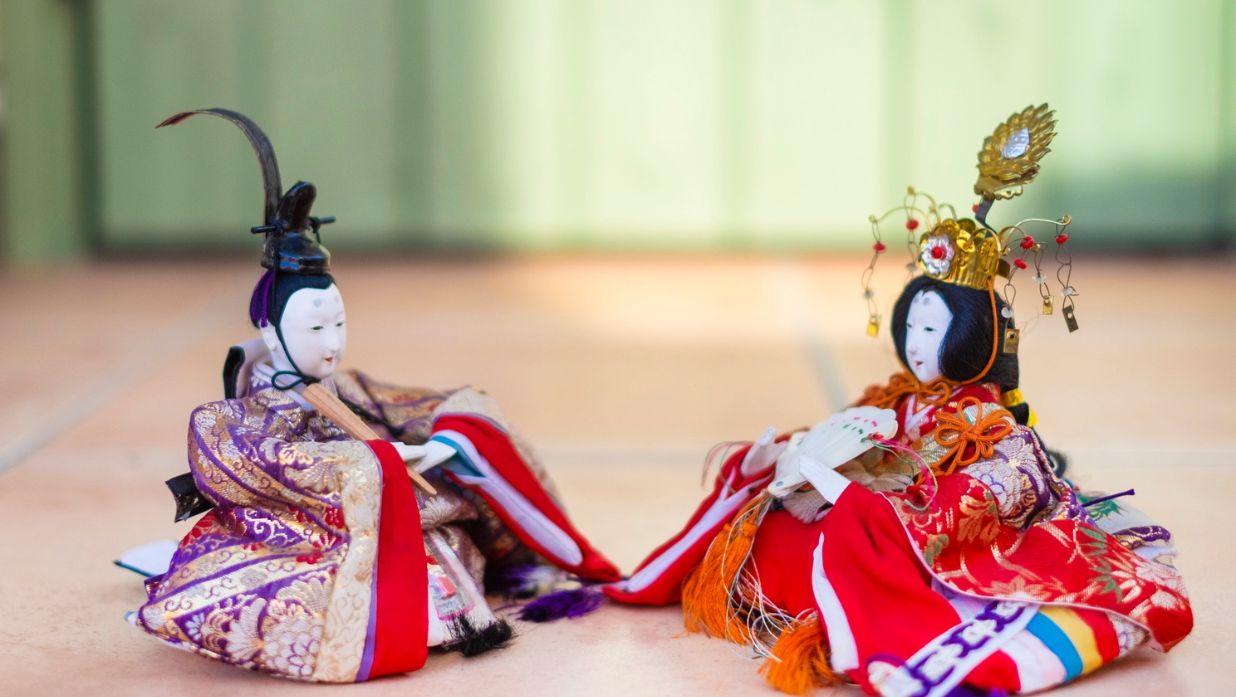
Learn about the word Senpai and its meaning in Japanese and English in this latest A-I-U-E-O Learning Blog.

How do you say “I love you” in Japanese while hitting all the right nuances and intentions? In Japanese, romantic is often viewed through two distinct lenses: 恋 (koi) and 愛 (ai). 恋 (koi) refers to romantic love or the initial spark of attraction. Interestingly, Japanese uses the same figure of speech as English when […]
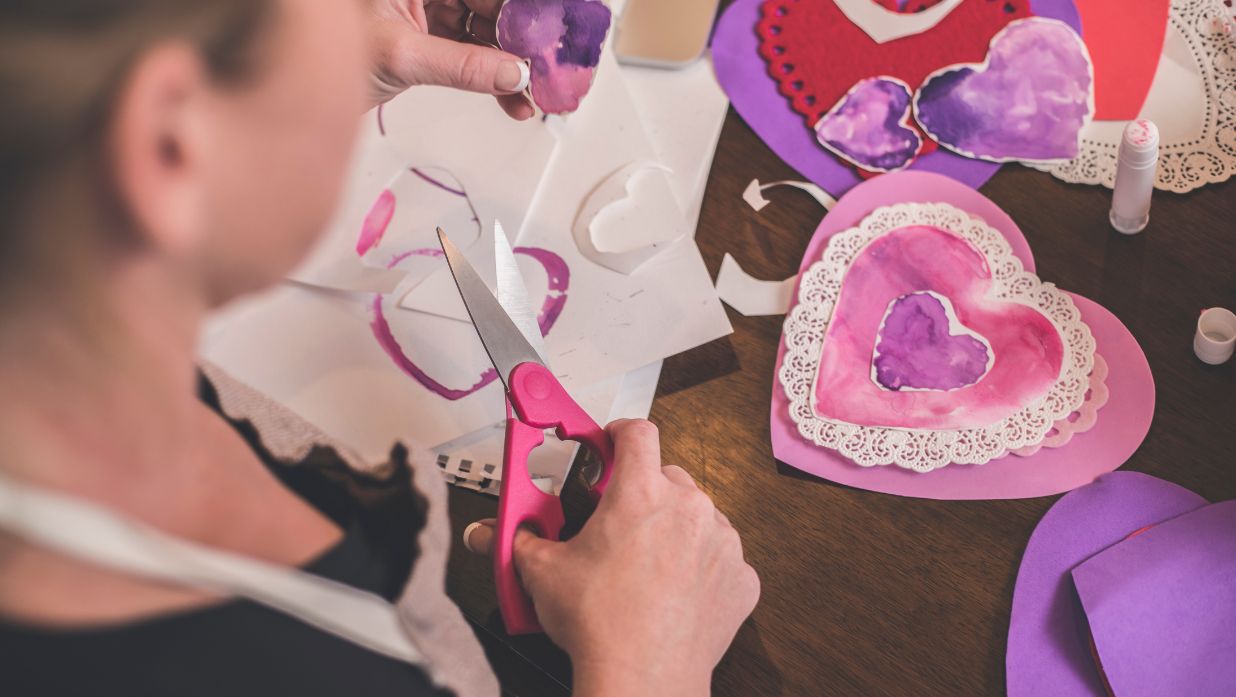
Due to its somewhat controversial origins, National Foundation was abolished following the post-war constitution, but it subsequently bounced back 20 years later. We wonder, does it still hold the same meaning?
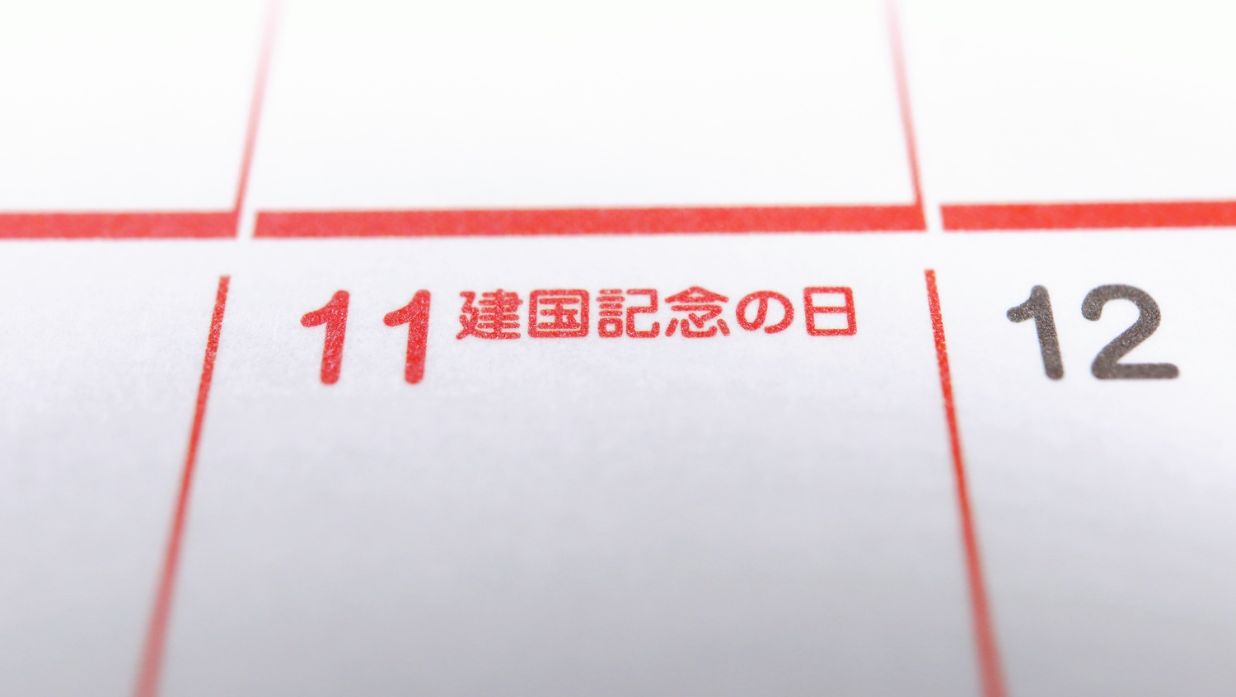
If you’ve ever dined at a Japanese restaurant, you’ve likely seen people press their palms together and say “Itadakimasu” before eating and “Gochisousama deshita” afterward. In English, these are usually translated as “Let’s eat” and “Thank you for the meal.” But while they function like “saying grace,” the meaning goes much deeper than simple manners. […]
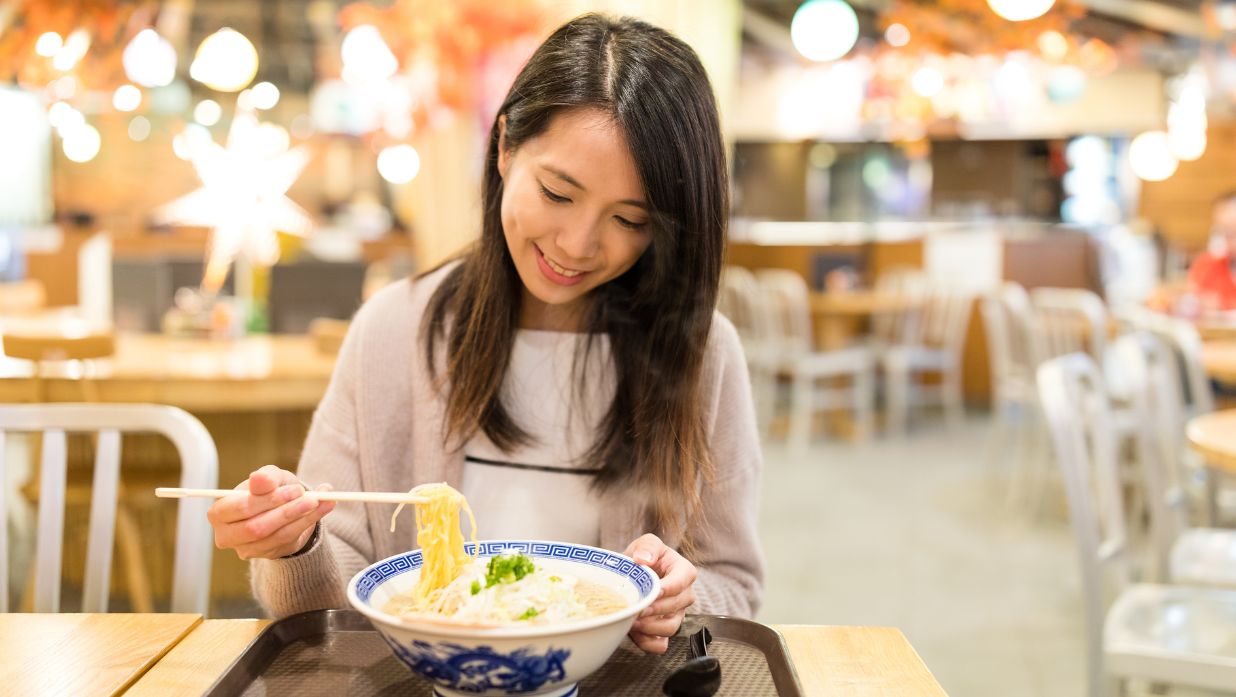
If you work in Japan, chances are you have been invited to and participated in a bonenkai (忘年会)? They are Japan’s high-spirited parties, usually held at bars or izakayas with plenty of drinks, to celebrate the end of the year in Japan. Instead of a family-focused event, it is often the time to celebrate with […]

Did you know Japanese people have a tradition not to cook on the first few days of January? Instead, they prepae and eat ‘osechi ryori’ in December.
